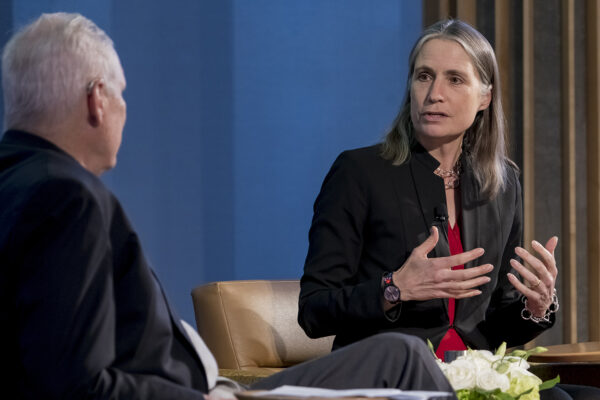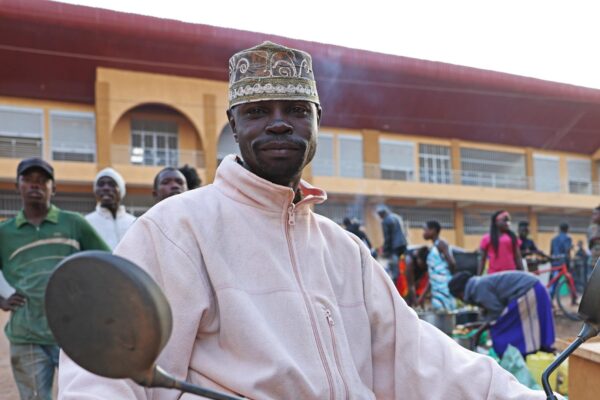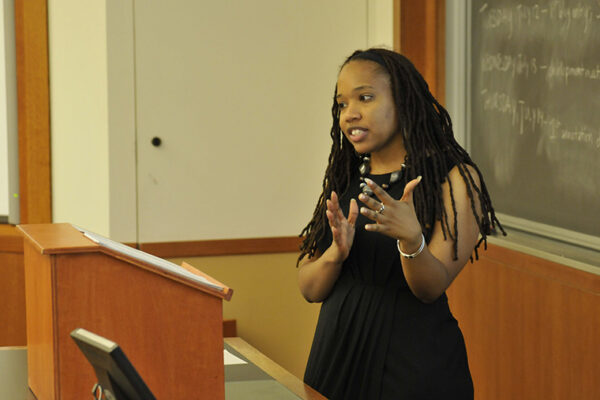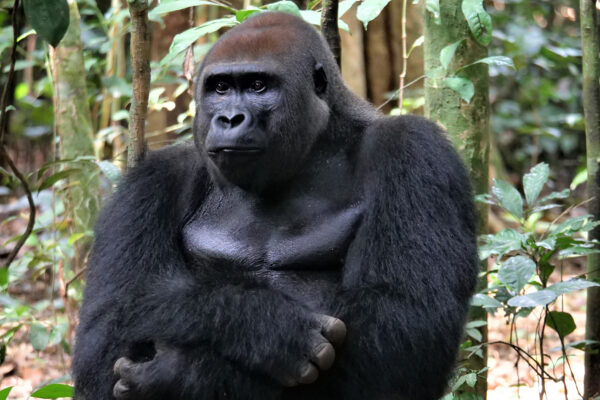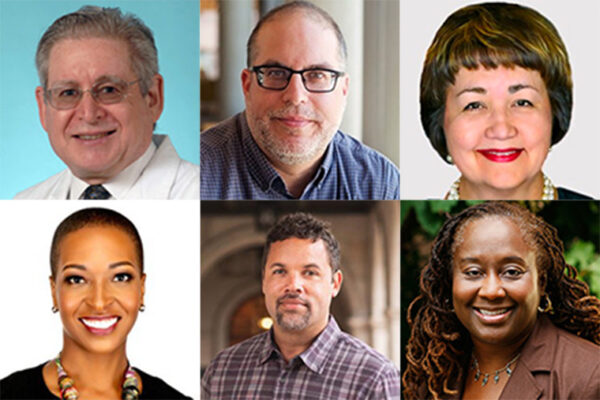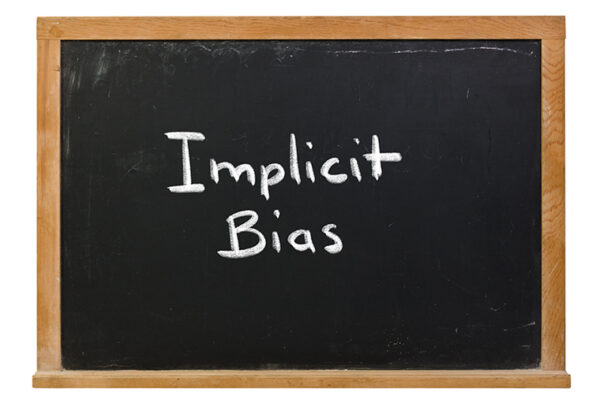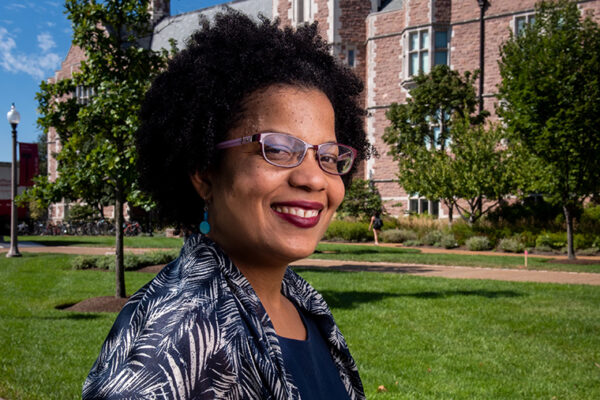Keys to saving democracy
Russia expert Fiona Hill visited WashU and shared, through the lens of her own life, how education and opportunity are two important ways by which the world can save democracy.
In Africa, hope
Africans have made great strides fighting the legacy of colonialism while contending with the ongoing plunder of their natural resources and geopolitical battles for influence on the continent. Despite this progress, difficulties remain, including poverty, environmental challenges and public health issues.
Mustakeem to lecture on medicine, Black history at three universities
Sowande’ Mustakeem, in Arts & Sciences, will discuss her 2016 book, “Slavery at Sea: Terror, Sex, and Sickness in the Middle Passage,” for three universities during the spring semester.
WashU great ape, biodiversity research informs decision to expand Congolese park
At least 20 Washington University students participated in a Living Earth Collaborative project and a related camera trap effort to provide evidence that the Djéké Triangle deserves legal protection.
‘Forum on Medicine, Race and Ethnicity in St. Louis, Past to Future’ Feb. 25
On Feb. 25, the Medical Humanities Program in Arts & Sciences will present the “Forum on Medicine, Race and Ethnicity in St. Louis, Past to Future.” The all-day gathering will feature dozens of speakers and panelists exploring how specific local histories impact the region’s diverse communities.
Commonly used police diversity training unlikely to change officers’ behavior, study finds
New research from Calvin Lai, in Arts & Sciences, suggests that the daylong implicit bias-oriented training programs now common in most U.S. police departments are unlikely to reduce racial inequity in policing.
Depression in college-educated Black Americans linked to discrimination
Racial discrimination was found to be a significant force behind higher levels of depression among college-educated Black Americans, finds a new study from the Brown School.
Hook named director of law library
Peter Hook has been appointed director and associate dean of the Law Library at the School of Law. Hook, who comes to the university from the University of Notre Dame Law School, will begin his role July 1.
Luna named 2023 Distinguished Feminist Lecturer
Zakiya Luna, a Dean’s Distinguished Professorial Scholar of sociology in Arts & Sciences, has been named the 2023 Distinguished Feminist Lecturer Award winner by Sociologists for Women in Society.
Research reveals how redlining grades influenced later life expectancy
Research by sociologist Michael Esposito in Arts & Sciences shows how the racialized logic that informed redlining continues to influence the distribution of privileges and risks across neighborhoods, resulting in stark health inequalities.
Older Stories
